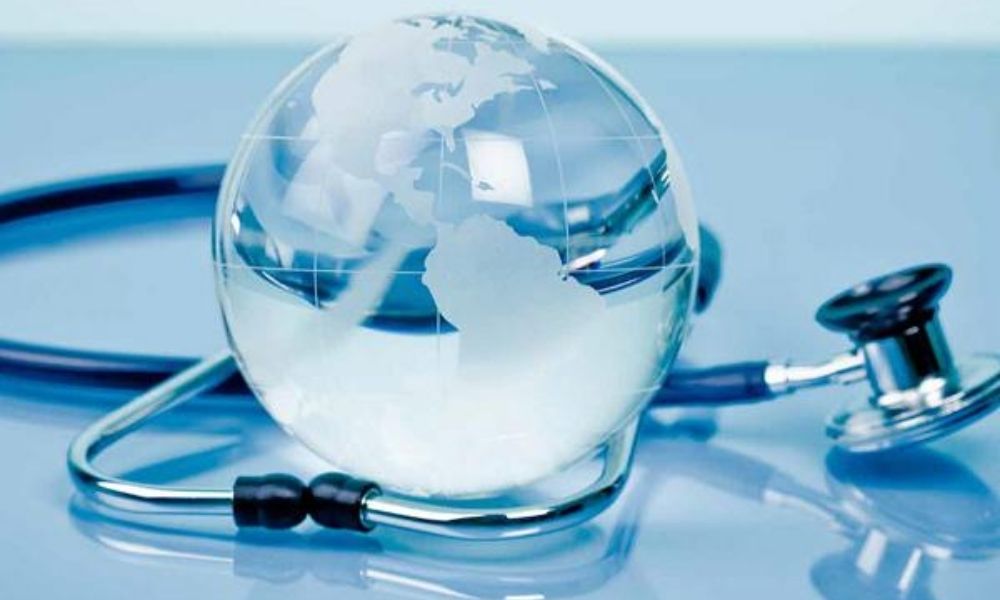They have been adding technologies, revamping international lounges, offering robotic surgery, among other measures.
According to Lok Sabha Report 2022, medical tourism in India has gone down from 697453 in 2019 to 303526 in 2021. However, due to the pandemic, the year 2020 witnessed only 182945 Foreign Tourist Arrivals (FTAs) in India. Several hospitals have been taking steps to promote medical tourism such as adding the latest technologies, revamping international lounges, offering robotic surgery and so on.
While speaking to The Sunday Guardian about the expansion of medical tourism, Neha Pandey, Director of International Marketing, Asian Hospital Faridabad, said, “With recent efforts like the ‘Heal in India’ initiative, things seems to be going in the right direction. We are planning to add more services and techniques, such as providing an online consultation platform, planning to open new offices in CIS countries and African Countries, robotic surgery and so on, to boost medical tourism and take it to another level.” Asian hospital receives most of the patients from Bangladesh, Nepal, Uzbekistan and middle-east countries.
Similarly, other hospitals such as PSRI hospital will provide a dedicated combo package which includes treatment, travel; visit a few local tourist spots. Speaking about the problems faced by the patients, Ratnesh Sinha, Head Sales and Marketing, PSRI Hospital told the paper, “sometimes patients from CIS countries do face language issue as they can’t speak or understand English so in that case we provide an interpreter to them who can translate everything starting from cost, stay and line of treatment.” The hospital receives many patients from African countries like Tanzania, Nigeria, Ghana, Ethiopia, Kenya, Congo, Zambia, Zimbabwe, CIS countries Uzbekistan, Tajikistan, Turkmenistan, SAARC countries like Bangladesh, Nepal, Afghanistan, along with patients from Fiji Island, Iraq, Yemen, Myanmar, Mauritius.
Also, Accord Superspeciality Hospital, Faridabad, is in talks with the Airport Authority of India (AAI), to open an office inside the Delhi International airport to provide end-to-end and seamless service for international patients. A dedicated wing for international patients with specially trained staff concerning their culture, language and food habits is also being arranged. For follow-up of international patients, once they return to their native country, doctors will make monthly visits to their country.
Many patients also face challenges as several start-ups are also tied with the hospitals. In such cases, Dr Yuvraj Kumar, Co-founder and Chairman-Orthopedics, Joint Replacement & Sports Injury, Accord Super Speciality Hospital, Faridabad, have clarified that transparency about the information and the quality of services play an important role. “Patients need to research the quality of services provided by the hospitals through unbiased reviewers which is very commonly available throughout the internet world such as Google review on Google Business page. Then they can send emails or get in touch directly to check for the treatment they are seeking. They should make a comparative analysis before deciding on travel,” he added.
To boost medical tourism, the Ministry of Tourism has formulated a National Strategy that focuses on providing alternative sources of medicines such as Ayurveda, Yoga, Unani, Siddha and Homeopath (AYUSH) into the ambit of medical tourism. Strategies such as enabling digitalisation by setting up online medical value trade (MVT) portal, and enhancing its accessibility will help to promote medical tourism further.

